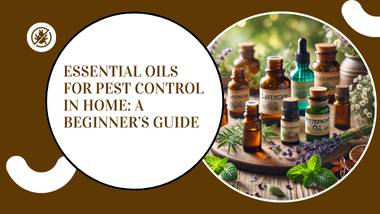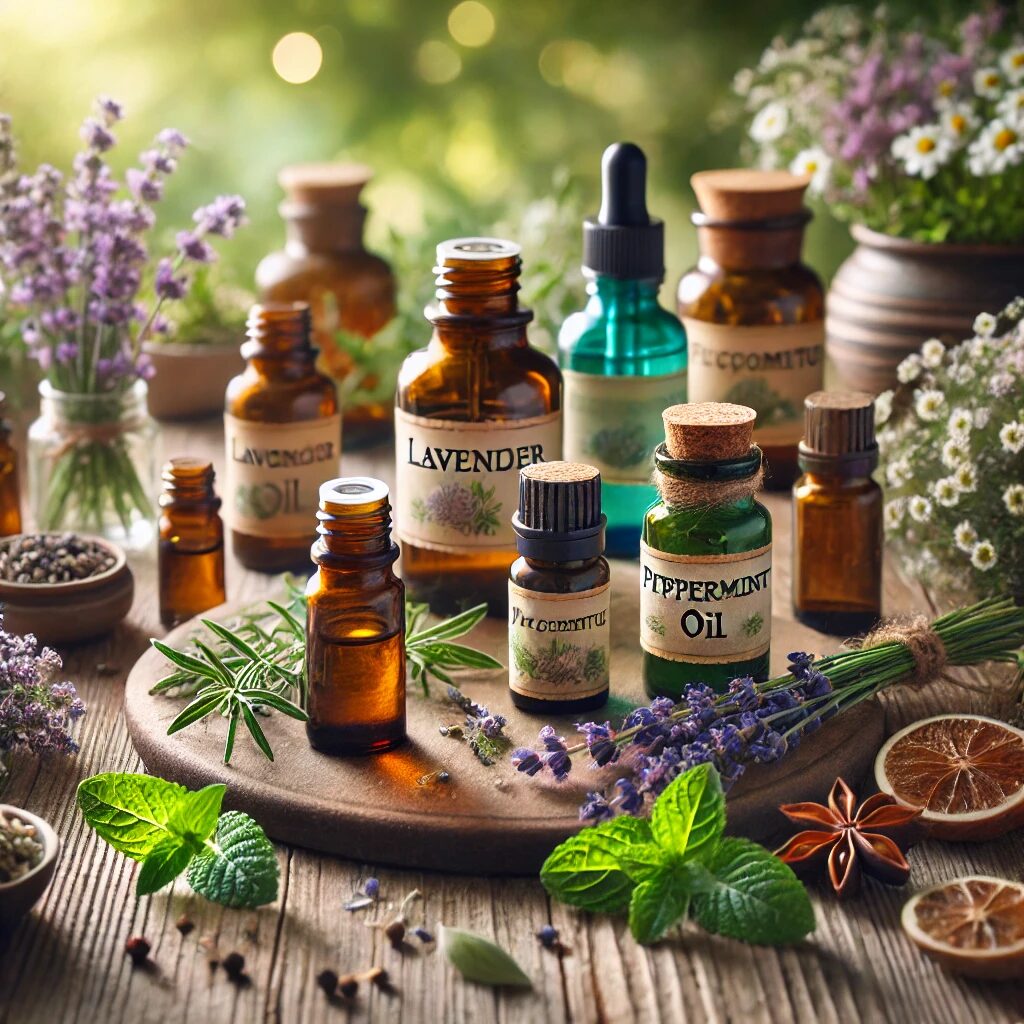
Have you ever thought about how to keep pests away without reaching for that harsh chemical bug spray?
Essential oils for pest control in home offer a natural, effective solution to repel insects while filling your space with pleasant aromas.
Not only do essential oils work wonders in creating a pest-free environment, but they also bring the added benefits of aromatherapy.
With the right oils, you can keep creepy crawlies like ticks, fleas, and mosquitoes at bay, naturally.
Stick around as we explore seven oils that not only repel pests but are also easy to use
1. Cedarwood Oil: Fleas, Moths, and Cockroach Control
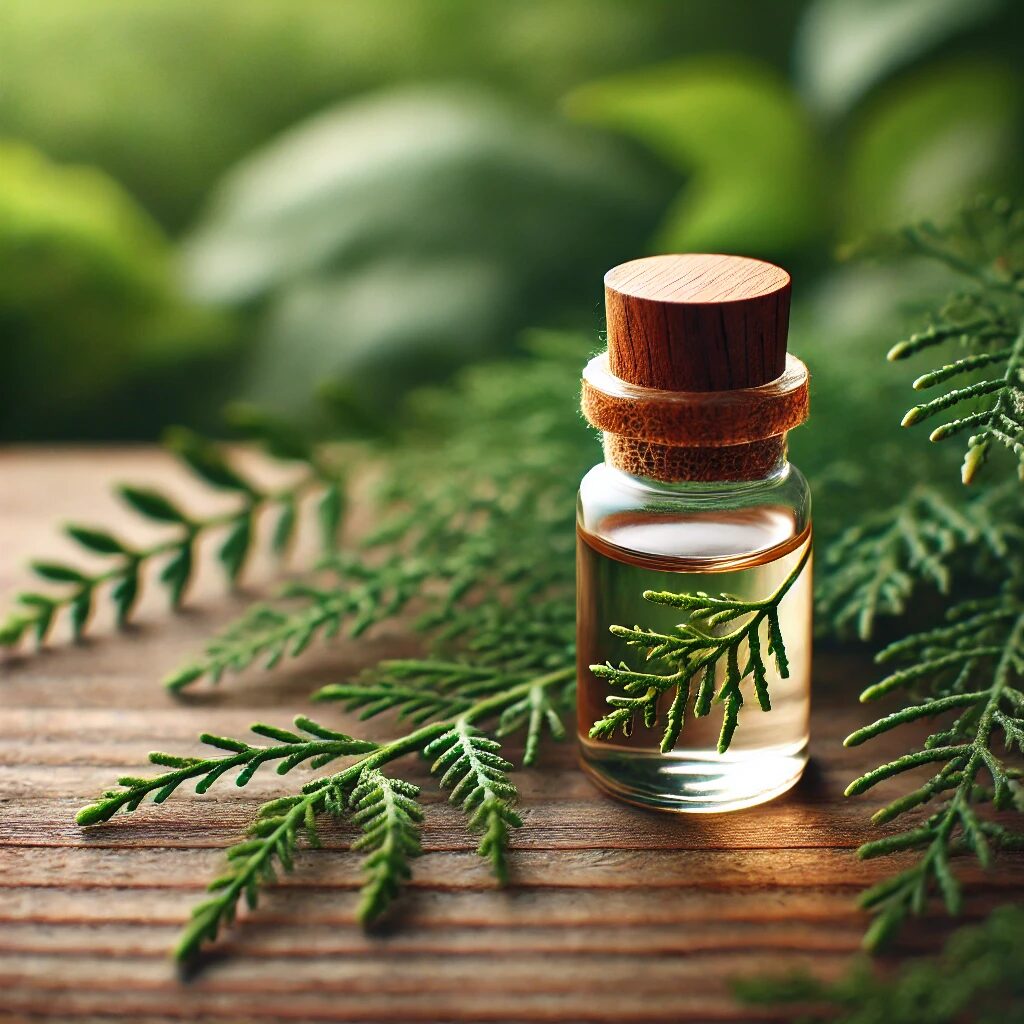
Cedarwood oil is a favorite for pest control, known for its ability to repel fleas, moths, and cockroaches. It’s a great option for pet owners dealing with flea infestations, as cedarwood helps suffocate flea larvae.
Spray diluted cedarwood oil along entry points like windows and doorways, and in areas where roaches tend to gather. Cedarwood oil also has a soothing scent, making it a pleasant addition to any room.
2. Neem Oil: Wide Spectrum of Pest Control

Neem oil targets pests like aphids, mites, beetles, and larva, making it highly effective for various pest issues. As a natural pesticide, neem oil disrupts the feeding process of pests, keeping them away for good.
For the best results, create a neem oil spray by mixing it with water and a little mild dish soap. Spray plants and surfaces where pests are active, and reapply every few days for ongoing pest protection.
3. Patchouli Oil: Mosquito and Moth Defense
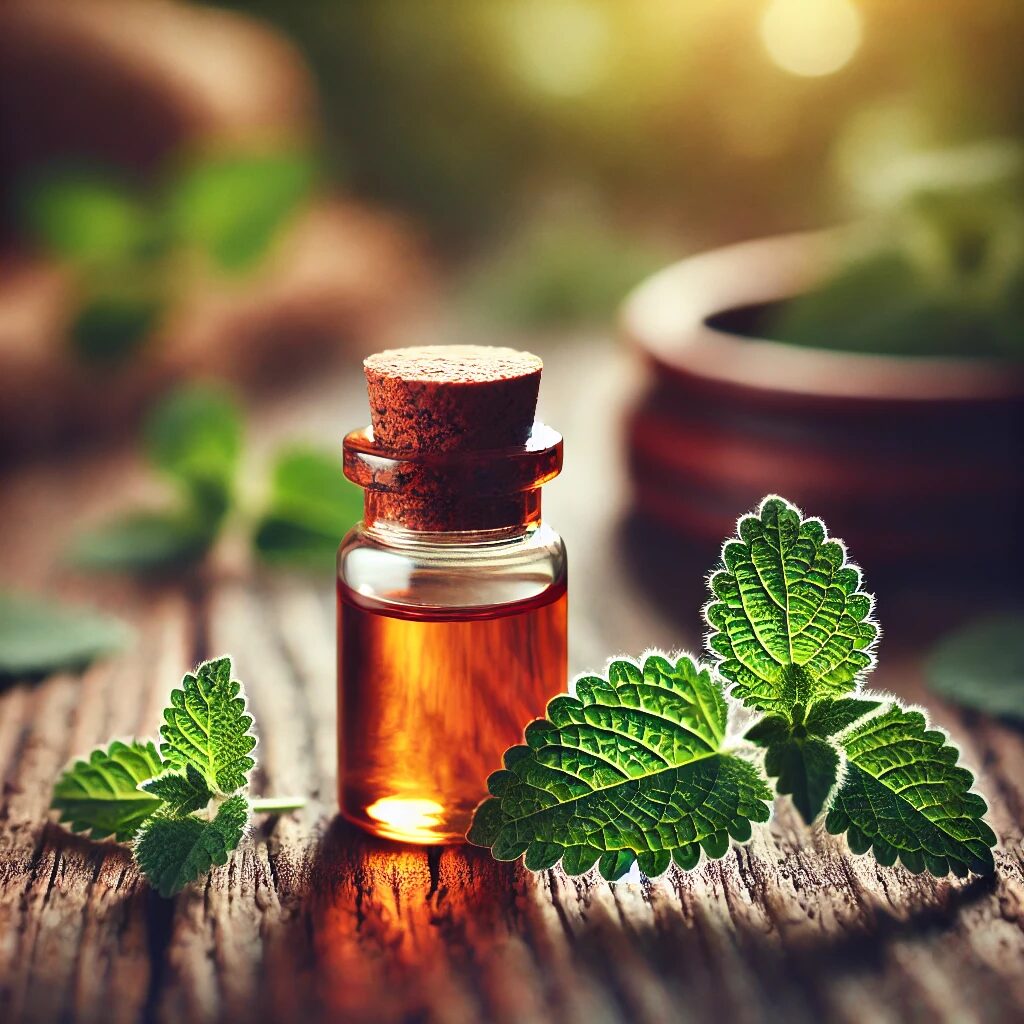
Patchouli oil isn’t just an aromatic favorite, it’s also a powerful insect repellent for mosquitoes, moths, and ants. When used in a diffuser, patchouli oil helps repel insects naturally, filling your home with its earthy aroma.
For an easy insect repellent spray, combine patchouli with witch hazel and water. Patchouli oil is particularly effective against mosquitoes, helping you avoid bites and enjoy outdoor areas pest-free.
4. Geranium Oil: Keep Ticks and Mosquitoes at Bay
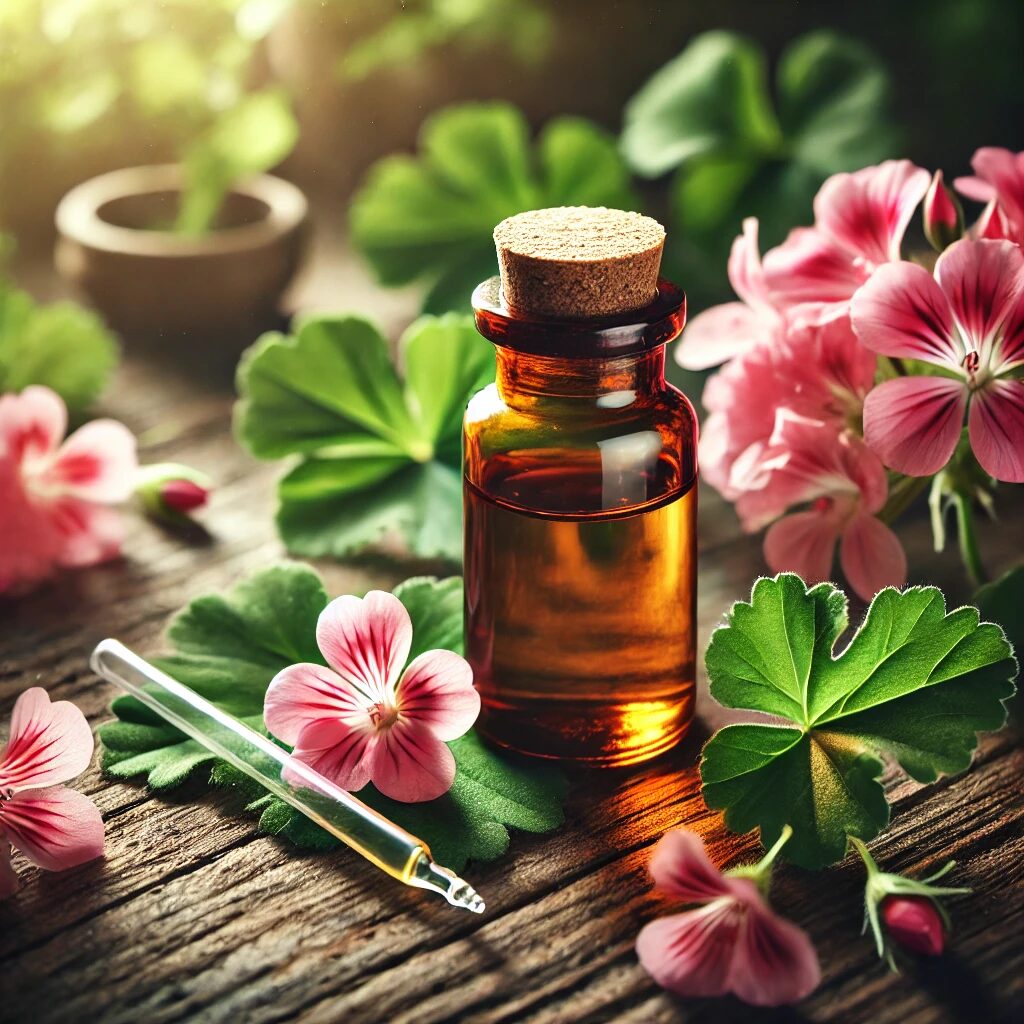
Geranium oil is a must-have in any natural pest control toolkit, especially for tick and mosquito control. A few drops on a sachet placed near doors can keep these pests from entering your home.
Geranium oil also pairs well with citronella and eucalyptus essential oil, enhancing its efficacy. Apply diluted geranium oil directly to exposed skin as a topical insect repellent, or spray it on clothing when heading outdoors.
5. Sage Oil: Effective Against Ants and Beetles
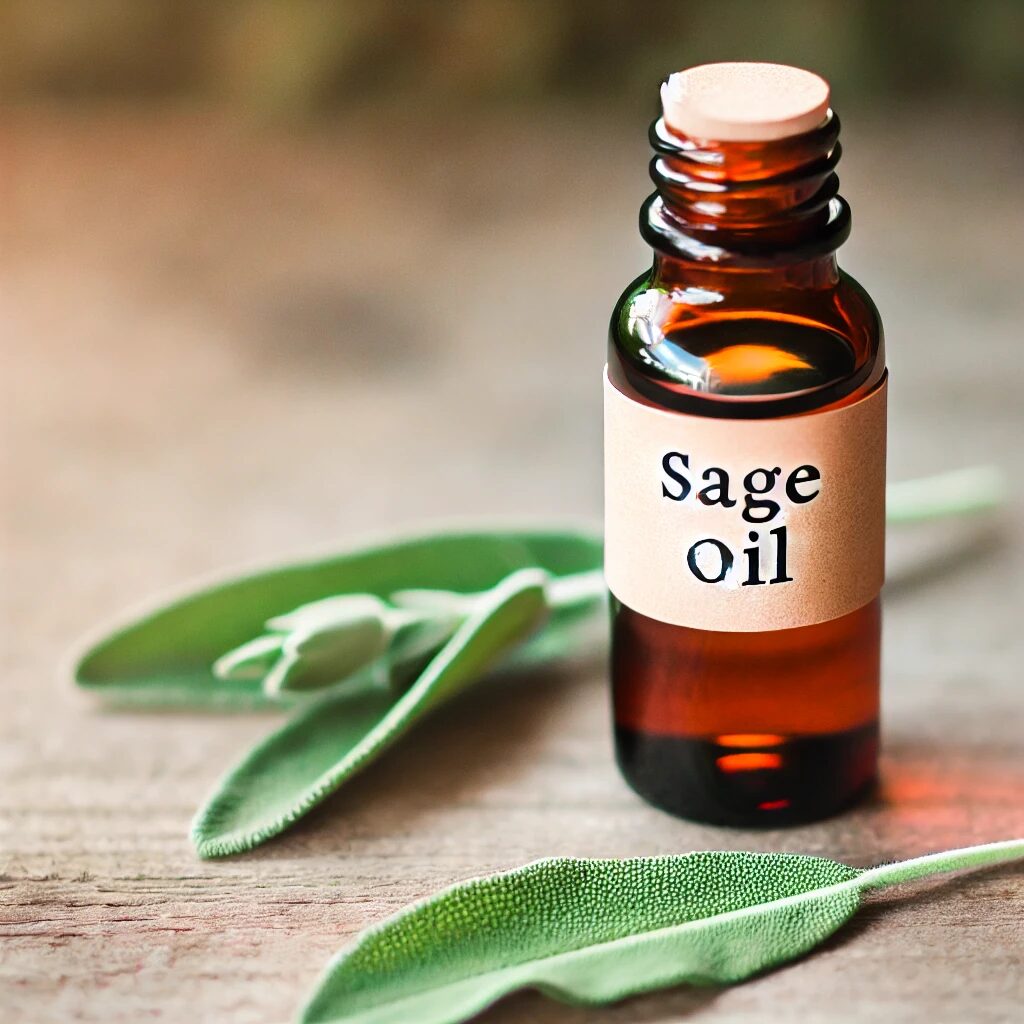
Sage oil is known for its insecticidal properties, making it a great choice for ant and beetle control. When ants invade, you can help keep them away by spraying sage oil along baseboards and entry points.
The same goes for beetles, which dislike the strong scent of sage. If you prefer a natural spray, mix sage oil with water and a few drops of a carrier oil, like almond or olive, for better coverage.
6. Basil Oil: Flies and Mosquito Control
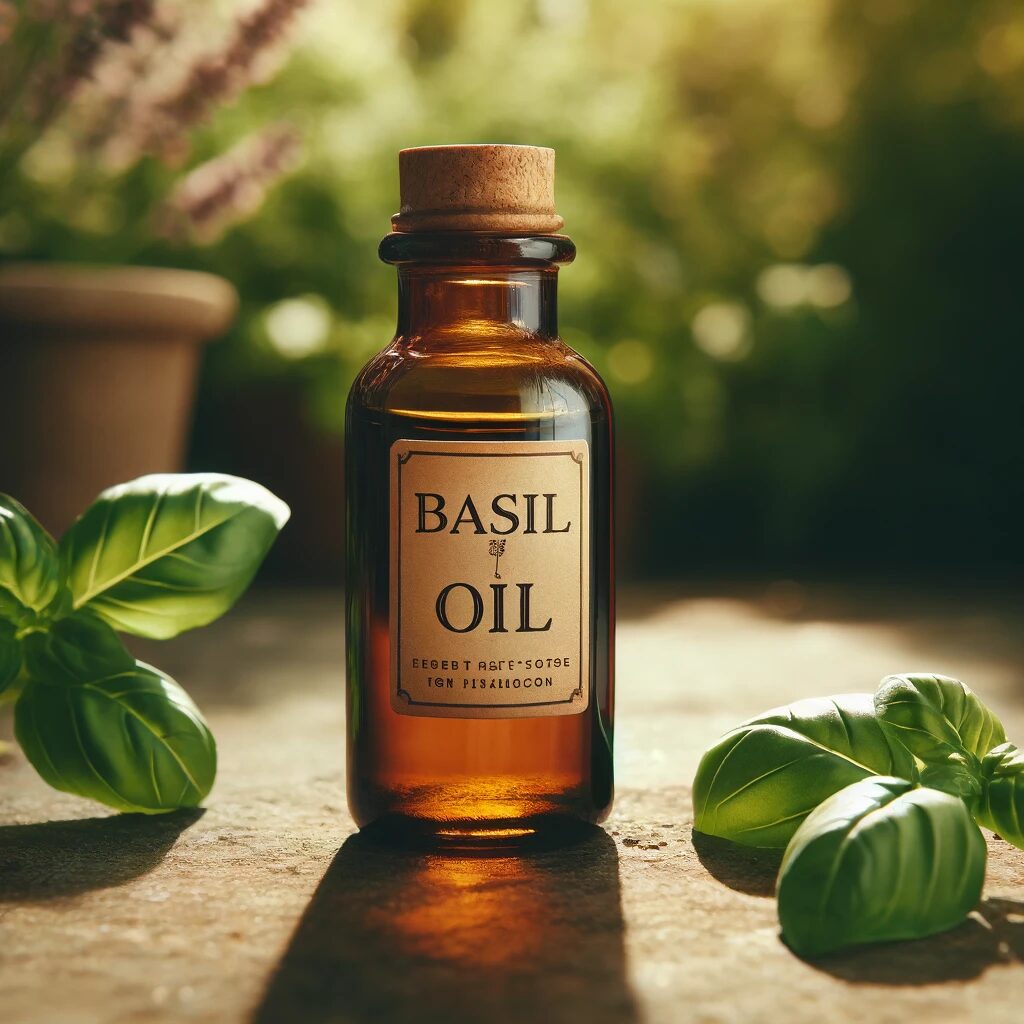
Basil oil is excellent for repelling flies and mosquitoes. With its fresh, peppery scent, basil oil works well in a diffuser or as a spray around windows and doors to deter flying insects.
As a bonus, basil oil doubles as an air freshener, enhancing your home’s ambiance while serving as an insect repellent. Its ability to help repel mosquitoes and flies makes it a versatile addition to your pest control routine.
7. Catnip Oil: Potent Mosquito Repellent

Catnip oil is surprisingly powerful against mosquitoes—studies have shown it to be more effective than DEET at repelling these pests. You can create a catnip oil spray by combining it with water and witch hazel, then spraying it in areas prone to mosquitoes.
Catnip oil is safe for use around children and pets, though it should be kept away from cats, as they are naturally drawn to it.
8. Orange Oil: Ant and Spider Defense

Orange oil offers dual benefits as both a pest repellent and a natural cleaner. Its fresh scent deters ants, spiders, and cockroaches, making it ideal for kitchen use.
Simply dilute orange oil in water and spray it along baseboards, countertops, and other areas prone to insect activity. Not only does it repel bugs, but orange oil also helps break down grease and dirt, keeping your surfaces spotless.
9. Spearmint Oil: Ant, Fly, and Mosquito Repellent
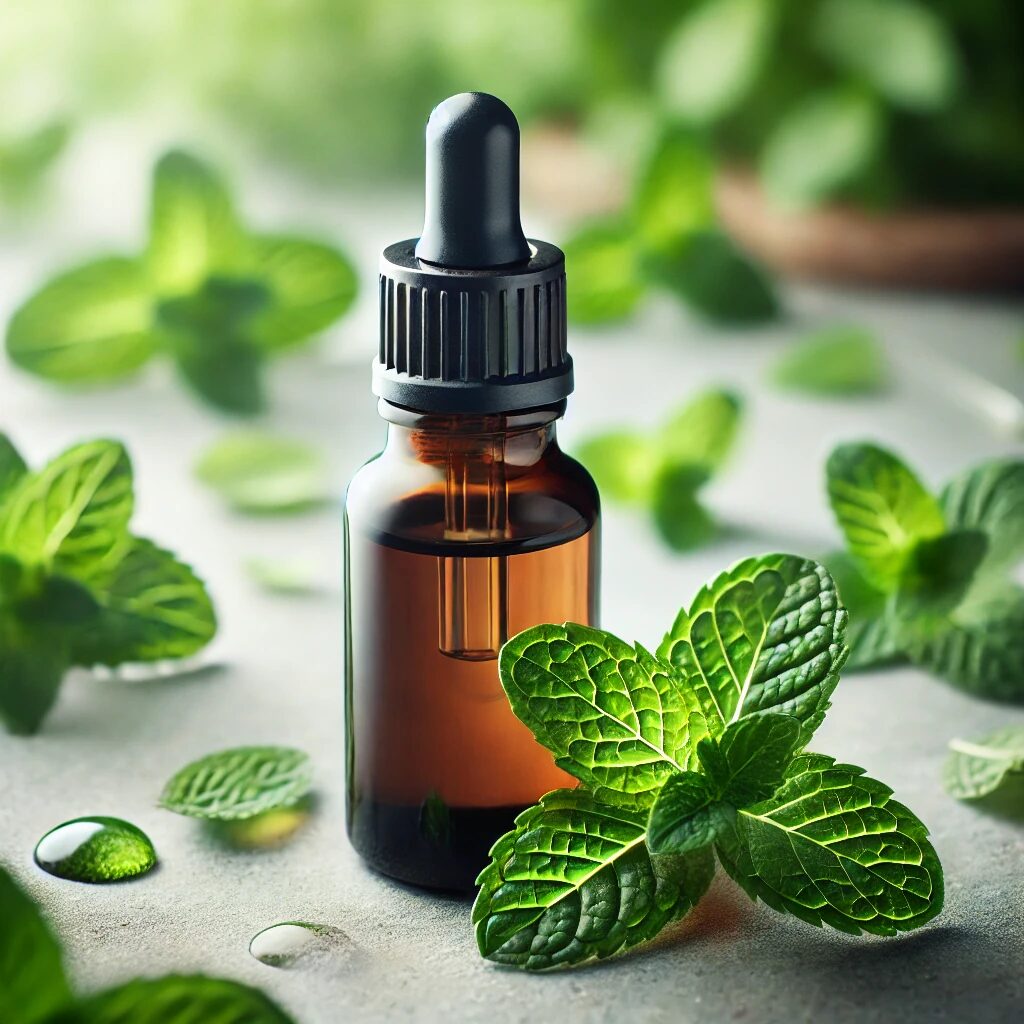
Spearmint oil has a pleasant scent that helps repel insects naturally. Similar to peppermint oil, it’s effective against ants, flies, and mosquitoes.
Spearmint oil can be diluted and used as an insect repellent spray around windows, doorways, and other entry points. It’s a great option for creating a calming atmosphere while keeping bugs at bay.
10. Cinnamon Oil: Ant, Bed Bug, and Dust Mite Control
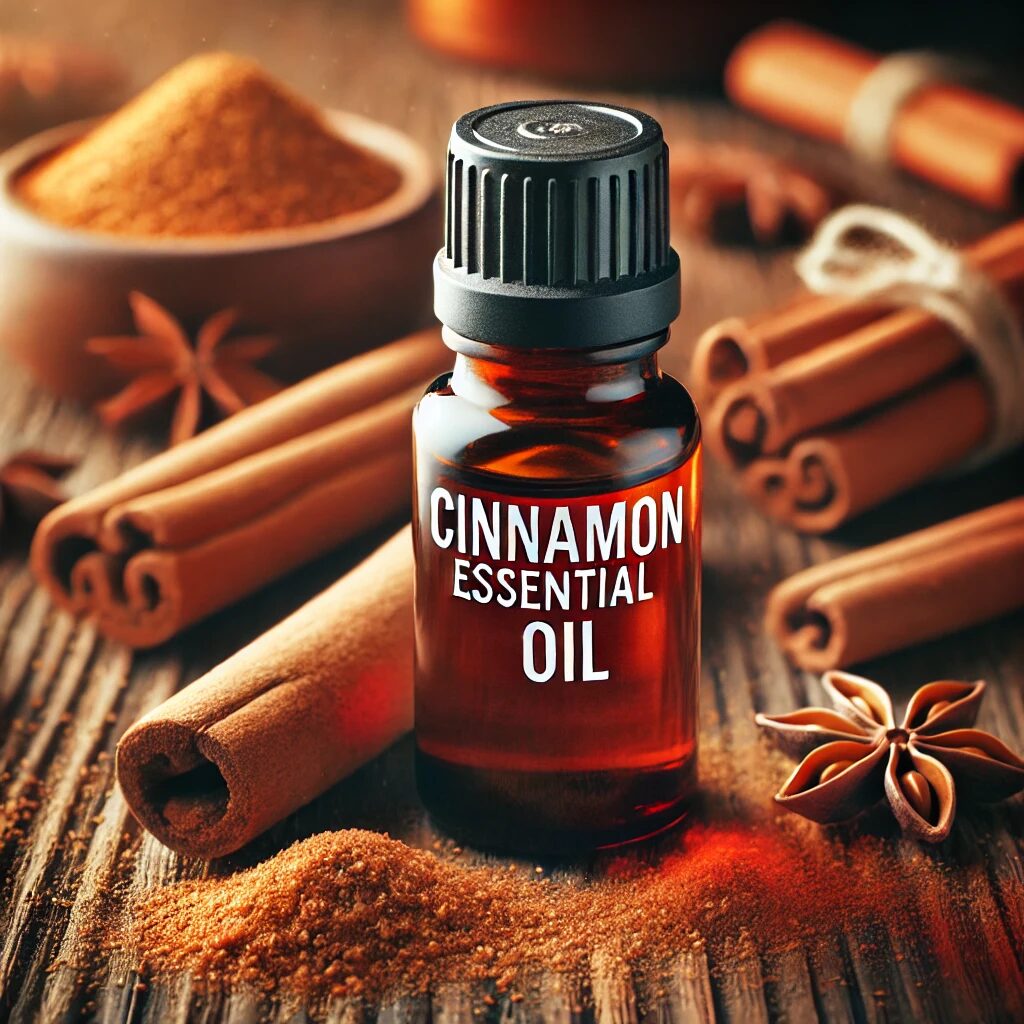
Cinnamon oil not only repels insects but also has antibacterial properties, making it an excellent choice for bed bug and dust mite control. For an insect repellent spray, combine cinnamon oil with water in a spray bottle and shake well before use.
Spray mattresses, curtains, and carpets to deter mites and bed bugs, and reapply every few days for continued effectiveness. Cinnamon oil also serves as a natural room deodorizer, leaving behind a warm, inviting scent.
11. Peppermint Essential Oil: Repel Insects in Your Home
Peppermint essential oil is renowned for its strong, refreshing scent that not only invigorates the senses but also serves as a powerful insect repellent. Whether dealing with ants, mosquitoes, or spiders, peppermint oil is a versatile option that helps keep pests away effectively.
For a simple DIY solution, mix peppermint essential oil with water in a spray bottle. A few drops along entry points like windows and doorways can help keep your home pest-free. Plus, peppermint oil works well with thyme or clove oil, enhancing its ability to repel many pests.
12. Lavender Essential Oil: Perfect for Keeping Pests at Bay
Lavender essential oil is not only soothing for humans but also effective at repelling pests like mosquitoes and mites. The gentle, floral aroma can calm your nerves while simultaneously deterring bugs.
To maximize its effectiveness, mix lavender essential oil with lemon eucalyptus in a spray for a potent insect repellent spray. This blend is especially effective against gnats and even spiders.
13. Lemon Eucalyptus Oil for Comprehensive Insect Control
For an all-purpose insect repellent, lemon eucalyptus oil is a must-have. Its effectiveness rivals that of DEET, offering powerful protection against mosquitoes and ticks without the harsh chemicals.
Use lemon eucalyptus oil in a spray around entry points or areas prone to insect activity. This oil to repel insects can be mixed with thyme or tea tree oil for added potency, particularly when targeting mites and louse.
14. Rosemary Oil: A Natural Insecticide for Ants and Mosquitoes
Rosemary essential oil acts as a natural insecticide with the ability to repel ants, mosquitoes, and even slugs. Its woodsy aroma makes it a pleasant addition to your home while keeping pesky bugs at bay. Consider combining rosemary oil with peppermint or lemongrass for a spray that covers a broader range of pests like ants and beetles.
15. Tea Tree Oil for Pest Prevention
Tea tree oil is a versatile solution for pest control. Known for its antibacterial properties, it also acts as an insect repellent for a variety of pests, including lice and mites. Tea tree oil
can be mixed with citronella oil and eucalyptus oil for a robust insect repellent spray that’s safe to use indoors and on surfaces.
16. Thyme Oil for Targeted Pest Control
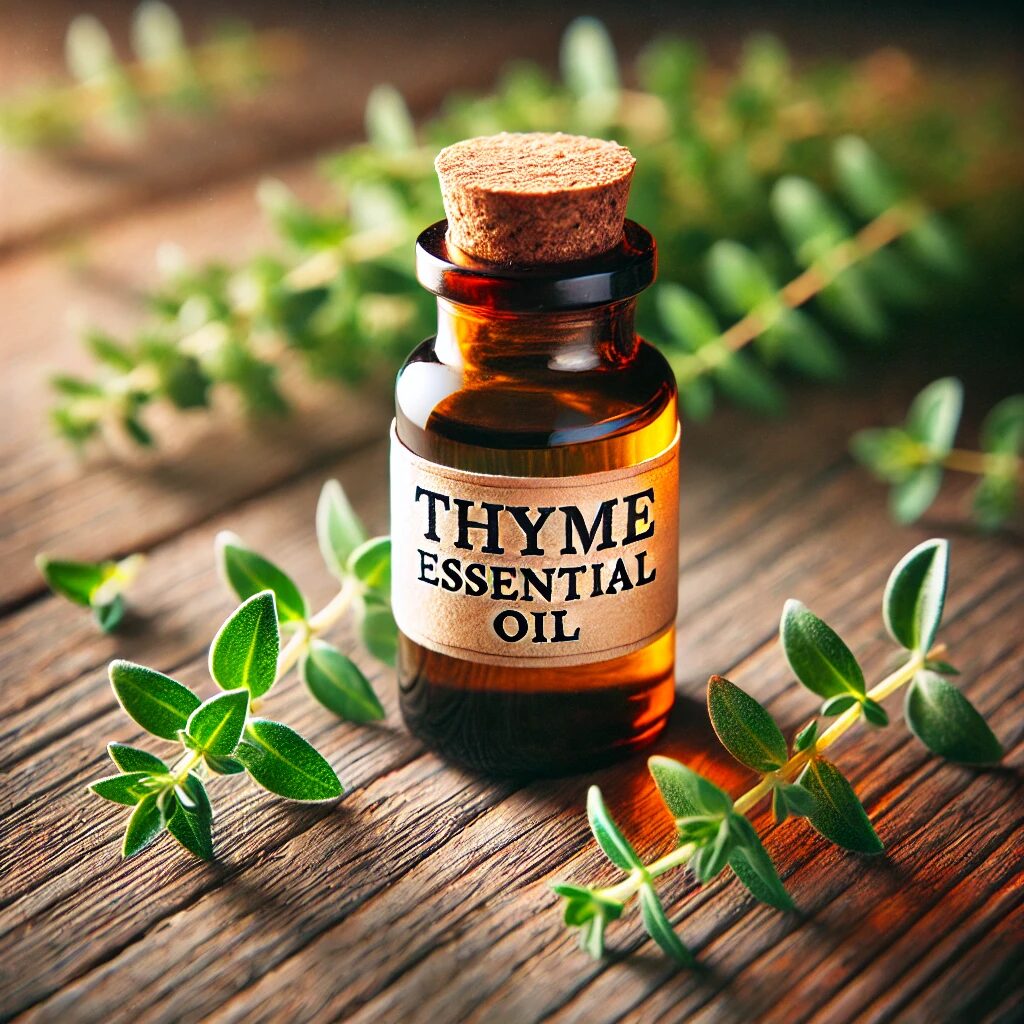
Thyme contains compounds that are effective against common pests like mites and larva. Its strong, earthy scent can help repel many pests in the garden or at home. Mix thyme oil with lemon eucalyptus oil for a blend that’s especially effective against mosquitoes and gnats.
17. Lemongrass Oil: A Preventative for Fungal Problems and Pest Control
Lemongrass is known for its refreshing scent and pest-repellent qualities. It’s particularly effective against fungus and insects such as mosquitoes. Mixing lemongrass with rosemary oil can amplify its ability to deter fungal problems and keep common pests away from your living space.
18. Citronella Oil: A Proven Mosquito Repellent
Citronella oil is a go-to solution for keeping mosquitoes at bay. Its natural properties mimic the effects of DEET, effectively repelling mosquitoes by masking the carbon dioxide that attracts them. Pair citronella oil with clove oil in a spray bottle for a powerful insect repellent spray that can be applied around your outdoor spaces.
19. Clove Oil: An Effective Deterrent for Insects
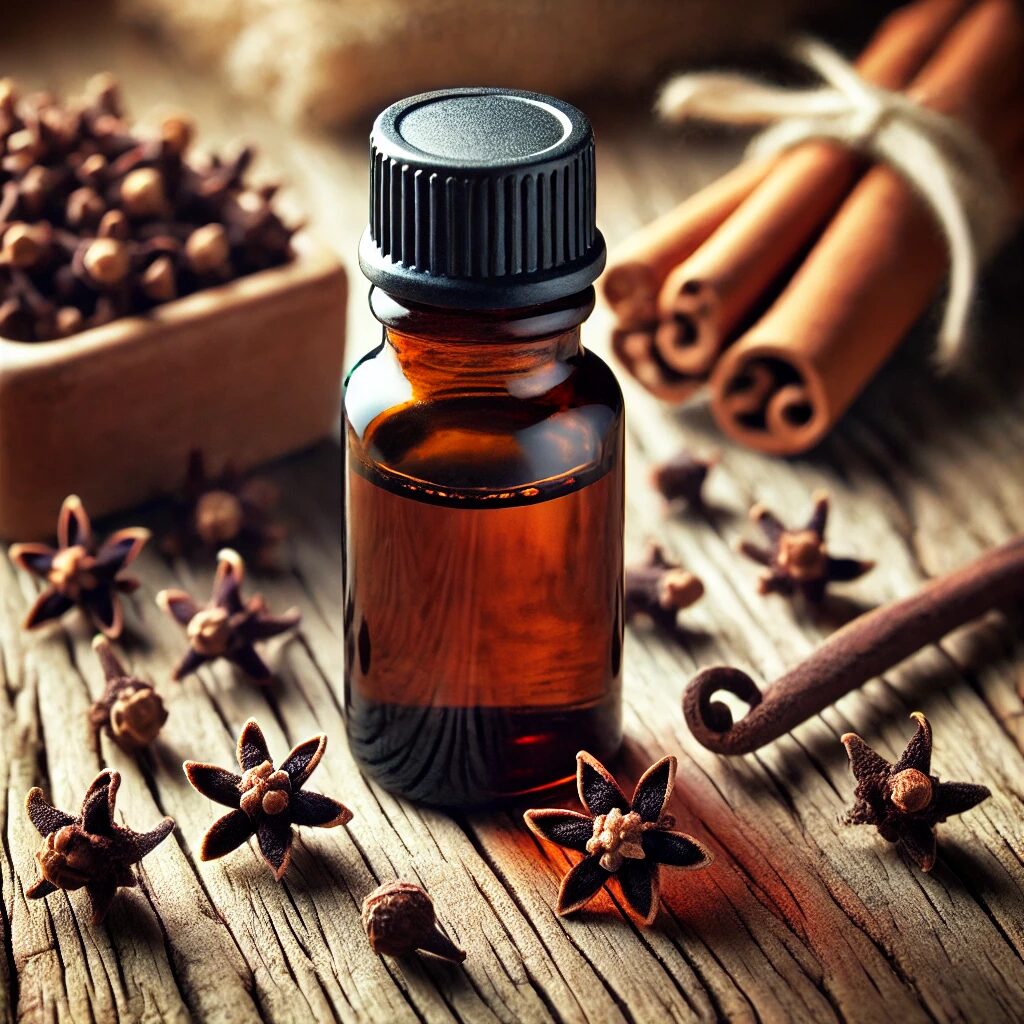
The potent aroma of clove oil acts as a strong deterrent against aedes mosquitoes and other insects. Clove oil contains eugenol, which disrupts the sensory pathways insects rely on to find food. Mixing clove oil with tea tree oil and eucalyptus creates a natural insecticide spray that targets a range of pests including ants and flies.
Practical Tips for Using Essential Oils for Pest Control in Home
Using essential oils for pest control allows you to customize solutions based on specific needs. For best results, consider these tips:
- Shake well: Always shake spray mixtures to ensure even distribution.
- Reapply: Essential oils are volatile; frequent application is key.
- Experiment with blends: Try different combinations for the best results.
- Dilution: Always dilute oils with a carrier to reduce irritation risks.
- Application Frequency: Reapply every few days to maintain effectiveness.
- Safety Tips: Use with caution around children and pets, and test a small area first.
- Diffusers and Sprays: Use diffusers for large areas and sprays for targeted application.
Understanding How Essential Oils Help Repel Pests
Essential oils contain potent compounds that make them powerful natural repellents. Oils like eucalyptus essential oil and lemon eucalyptus oil have been proven to repel chiggers and ticks, while tea tree oil and lavender essential oil are great for targeting mites and mosquitoes. click here to learn more.
Since oils are versatile, you can dilute them in a carrier oil and apply topically or mix with water in a spray bottle for around-the-home use. Some studies show that oils like citronella can repel mosquitoes almost as effectively as DEET, a chemical commonly found in insect-repellent sprays.
Conclusion
Incorporating essential oils for pest control in home is a simple yet powerful way to manage pests naturally. With oils like peppermint for spiders, lavender for mosquitoes, and cedarwood for roaches, you have a range of options to create a pest-free sanctuary.
Begin with one or two oils that address your specific pest concerns, and expand as needed. By adopting this natural approach, you’re not only safeguarding your home but also creating a more eco-friendly and health-conscious living space.
Explore more resources on essential oils for holistic wellness and pest management, and transform your home into a haven of peace and comfort.
